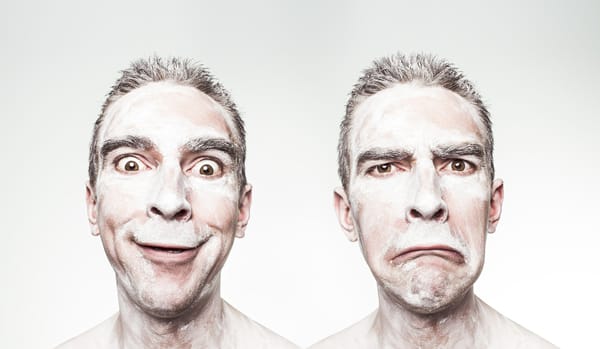
medication
Neuroqueer: Depathologising psychiatric "conditions"
A consideration on how neuroqueer theory can be used to depathologise the field of psychiatry and psychiatric conditions.

medication
A consideration on how neuroqueer theory can be used to depathologise the field of psychiatry and psychiatric conditions.
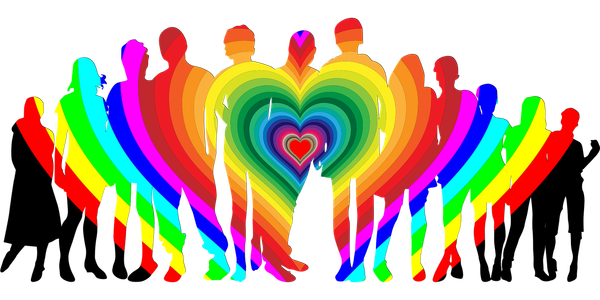
Neuroqueering
This article looks at neuroqueer theory and the Autistic embodiment of gender. It considers how one might construct their gender, and how being Autistic queers our ideas of gender.

Autistic Rights
This article was Co-Authored by David Gray-Hammond, Katie Munday, and Tanya Adkin The emergence and popularisation of Neuroqueer theory in the contemporary disability rights discourse and Autistic rights movement represents a significant step forward. Not only does it encourage pride in ones true self, but it emancipates the Neurologically Queer

Neuroqueering
TRIGGER WARNING: This article contains detailed discussion of harmful "cures". It also mentions ABA, MMS, Chelation, and has in depth discussion around normative society and the murder of Autistic people. For as long as I have been an advocate, many of my fellow Autistics have spoken out against

Neuroqueer Theory
For as long as I have been part of the online Autistic community, we have spoken out against and educated on the topic of the harms of Applied Behavioural Analysis (ABA). While I could discuss the real world trauma and attitudes that proceed and preceed ABA respectively, today I'
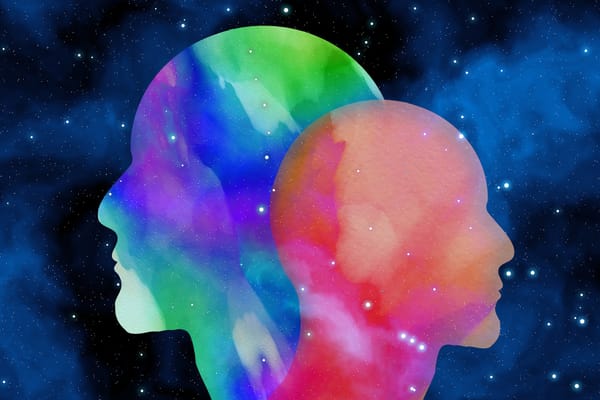
Autism
When considering our potential, we often think in finite terms. Normativity has dictated that which a human can be. We are also bound, in principle, by the finite nature of our mortality. Thus, we are limited by both cultural and biological variables. However, the limits of what a human, a
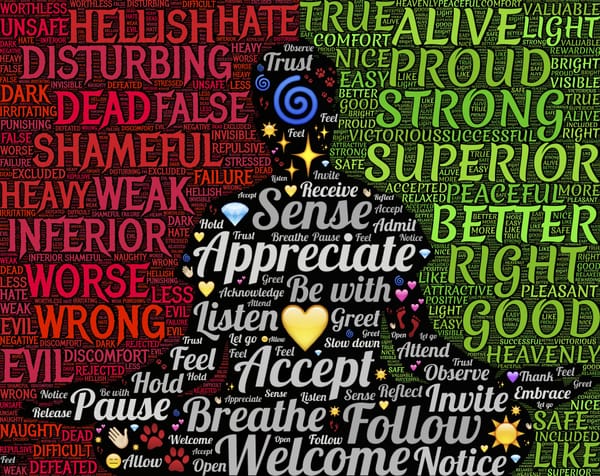
Autistic Community
As you may have noticed from my most recent blog post, I am somewhat down a rabbit hole at the moment. In my previous article I discussed Zeno's paradox of plurality and how it applies to the dehumanisation of Autistic people and the double empathy problem. Today I
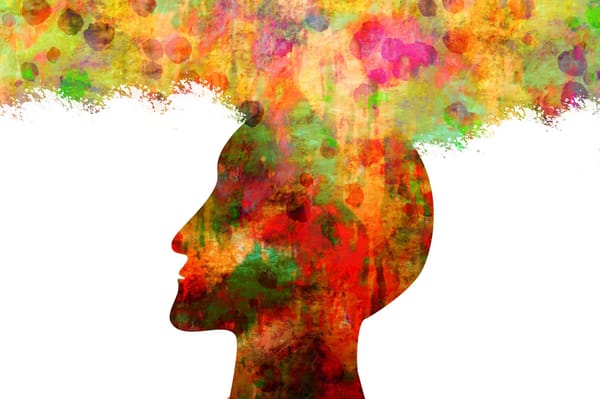
disability
This was inspired by the book "Authoring Autism: On Rhetoric and Neurological Queerness" by Remi Yergeau. The double empathy problem, so named, is the title given to the seeming appearance of deficits in communication in Autistic people. The double empathy problem states that Autistic people do not have
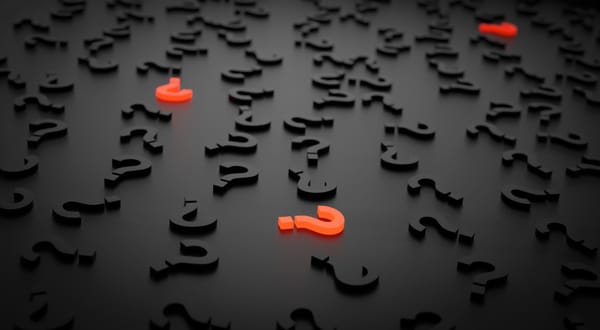
Neurodiversity
This article was co-authored by David Gray-Hammond and Tanya Adkin Trigger Warning: Injustice, professionals, Autistic suffering, mentions of theory of mind, weak central coherence, and older autism theory. We often sit and have conversations about our work. We never cease to be astounded at the lack of basic autism knowledge
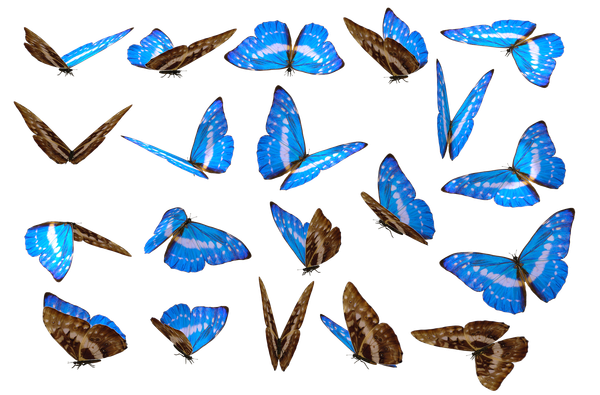
Neurodiversity
Recently I started talking about a concept I call neuroculture, by discussing the risk of harm to society if the prevailing neuroculture becomes homogenous (find that discussion here). In this discussion, I would like to explore our individual contributions to said neuroculture, and how we can effect change in a

Society
At Aucademy we often talk of a perfect Autistic homeland, affectionately dubbed Autopia. Conceptualised as a place in which all Autistics can lead peaceful and comfortable lives, it sounds like a dream come true; but what are the realities of such a place? Is such a place even possible? This